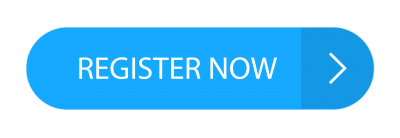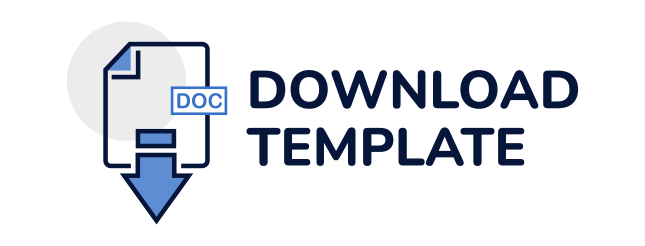Department of Special Needs Education, Faculty of Teacher Training and Education, Banten-Indonesia email correspondence: [email protected]
Abstract
This article examines the effectiveness of individualized education programs (IEPs) for children with Attention Deficit Hyperactivity Disorder (ADHD) through a systematic literature review. ADHD, which affects 5-7% of school-aged children, is characterized by inattention, hyperactivity, and impulsivity that can have a significant impact on academic achievement and social-emotional development. This review reveals that well-designed PPI can significantly improve academic and behavioral outcomes of ADHD children. Effective strategies include explicit instruction, positive reinforcement, multisensory approaches, curriculum accommodations, and use of technology. Parental involvement is also very important in effective IEP implementation. Furthermore, this article emphasizes the importance of recognizing and developing ADHD children's unique strengths, such as creativity and lateral thinking. However, effective IEP implementation faces challenges, especially in developing countries like Indonesia, including lack of resources, training, and social stigma. This article calls for increased commitment, resources and collaboration from all parties, as well as further contextualized research. In conclusion, effective PPI for ADHD children is not only about overcoming challenges, but also celebrating diversity and building a more inclusive, innovative and diverse society.
Keywords
References
Budyawati, L. P. I. (2020). Pengembangan Program Pembelajaran Individual (PPI) Bagi Anak Berkebutuhan Khusus di Sekolah Inklusif Jember. SELING: Jurnal Program Studi PGRA, 6(2), 89-101.
Cesur, E., & Akyol, A. K. (2022). An Investigation of the Effect of Individualized Development Support Programs Applied to Children with ADHD on the Symptoms of Disorder, Perception Skills, and Family Functionality. Cukurova University Faculty of Education Journal, 51(2), 1073-1103.
Diani Ekayanti, I., Kaltsum, H. U., & SS, M. (2021). Layanan Bimbingan Belajar Untuk Anak Attention-Deficit Hyperactivity Disorder (ADHD) Di SD Muhammadiyah Alam Surya Mentari Tahun Ajaran 2017/2018 (Doctoral dissertation, Universitas Muhammadiyah Surakarta).
Fabiano, G. A., Naylor, J., Pelham Jr, W. E., Gnagy, E. M., Burrows-MacLean, L., Coles, E., ... & Waxmonsky, J. (2022). Special Education for Children with ADHD: Services Received and a Comparison to Children with ADHD in General Education. School Mental Health, 14(4), 818-830.
Farisia, H. (2017). Strategi Optimalisasi Kemampuan Belajar Anak Berkebutuhan Khusus (ABK) melalui Program Pembelajaran Individual (PPI). SELING: Jurnal Program Studi PGRA, 3(2), 1-17.
Hustus, C. L., Evans, S. W., Owens, J. S., Benson, K., Hetrick, A. A., Kipperman, K., & DuPaul, G. J. (2020). An evaluation of 504 and individualized education programs for high school students with attention deficit hyperactivity disorder. School Psychology Review, 49(3), 333-345.
Irfan, N. I. M. (2023). Strategi Optimalisasi Program Pembelajaran Individu (PPI) untuk Menunjang Perkembangan Psikis Anak Attention Deficit/Hyperactivity Disorder (ADHD) di SD Budi Mulia Dua Pandeansari (Doctoral Dissertation, Uin Sunan Kalijaga Yogyakarta).
Lestari, M. (2018). Program Bimbingan dan Konseling Ekologis bagi Anak dengan ADHD (Attention Defisit Hyperactivity Disorder). Sosio E-Kons, 9(3), 257-265.
Mirnawati, M., & Amka, A. (2019). Pendidikan anak ADHD (attention deficit hyperactivity disorder).
Novami, F., & Prakoso, B. (2023). Program pembelajaran bagi siswa dengan ADHD di SDN Rejowinangun Yogyakarta. LITERAL: Disability Studies Journal, 1(01), 15-22.








.png)